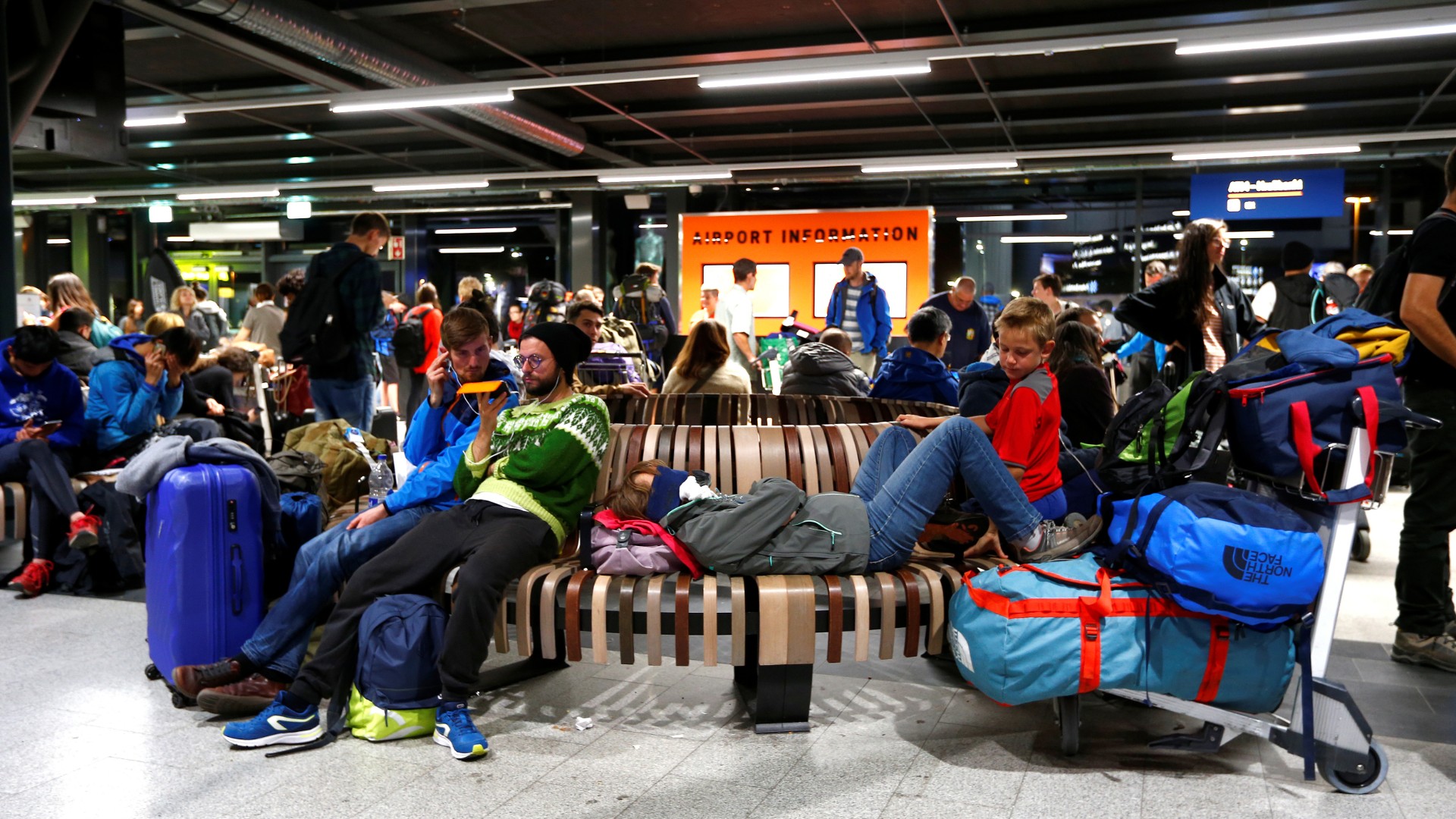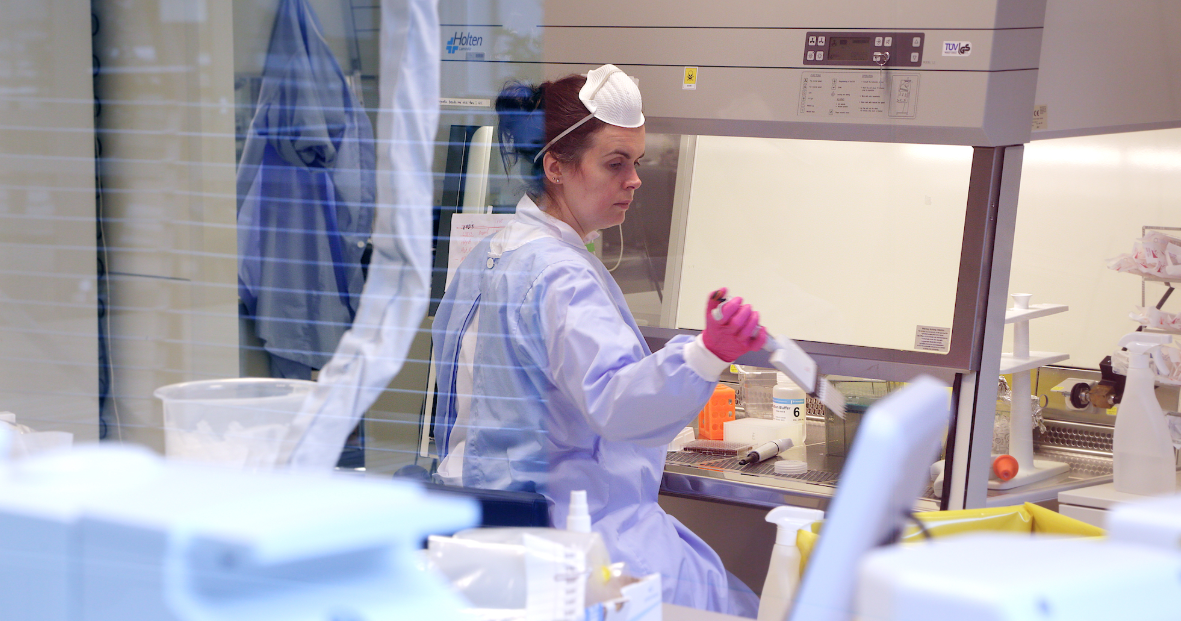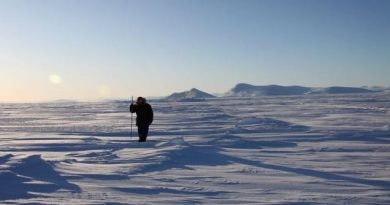Iceland exempts Nordic countries, except for Sweden, from COVID-19 screening requirements

Travellers from all Nordic countries except for Sweden are now exempt from COVID-19 screening upon arrival. (Michaela Rehle/Reuters)
Iceland has exempted Finland, Norway and Denmark, along with Germany, from COVID-19 screening requirements for entering the country.
Since June 15, Iceland has required visitors to either observe a 14-day self quarantine period or take a COVID-19 test upon arrival.
But as of July 16, the country’s chief epidemiologist, has removed Germany, and the Nordic countries, except for Sweden, from the high-risk list.
“It is logical for us to start by looking at these four countries as they represent almost half of the inbound flights to Iceland,” said Iceland’s Minister of Tourism Thordis Kolbrun R Gylfadottir in a news release on Tuesday.
“Hopefully, we can soon invite travellers from other countries to enter without border screening. This decision is in line with other measures we have taken, namely targeted, high-impact measures based on the best available science, data, and medical judgement.”
Icelanders returning home are also exempt from the screen measures.
“Tourists are highly unlikely to become major sources of contagion”
Since Iceland began testing on arrival, 36,738 tests have been done. Of those, 84 cases of COVID-19 infection have been detected, with 12 of those cases being contagious.

“Our data shows that a very low proportion of travellers have active infections, approximately one out of every three thousand tested in the past month,” said Thorolfur Gudnason, Iceland’s chief epidemiologist, in a news release on Tuesday.
“Furthermore, we have high confidence in our assumption that tourists are highly unlikely to become major sources of contagion, as they usually don’t interact with the local population in a way that is conducive to contagion. Our decision to allow travellers from these four countries to enter without unduly burdensome precautions is the result of analyzing our own data and the data available to us from these countries, all of which have very low instances of community spread.”
As of Tuesday, Iceland had 12 active COVID-19 infections. Some 1,882 Icelanders have recovered from the coronavirus since the start of the pandemic and there’s been ten deaths.
Noone has been hospitalized in Iceland for COVID-19 since May 14.
Write to Eilís Quinn at eilis.quinn(at)cbc.ca
Related stories from around the North:
Canada: Inuit gov. in Labrador, Canada tells out-of-province travellers to stay away despite ‘Atlantic bubble’, Eye on the Arctic
Finland: Finland joins other Nordic countries in virtual tourism due to pandemic, Yle News
Greenland: Greenland extends COVID-19 entry requirements until July 20, Eye on the Arctic
Iceland: Iceland lowers price of on-arrival COVID-19 testing, Eye on the Arctic
Norway: Norwegian Arctic wilderness tourism hit particularly hard by coronavirus, The Independent Barents Observer
Russia: All Russia’s North Pole cruises rescheduled to 2021, Eye on the Arctic
Sweden: Sweden seen as major source of COVID-19 in Western Finland region, Yle News
United States: Airline shutdown creates new challenges for rural Alaska, The Associated Press



